Agriculture is the backbone of any nation’s economy, and ensuring efficient irrigation practices is crucial for sustainable crop production. In this regard, agricultural water pumps play a vital role in meeting the water demands of farms, providing a reliable and efficient solution for irrigation. This article aims to shed light on the importance of agricultural water pumps, their various types, key features, and their contribution towards maximizing agricultural productivity. 1. Understanding the Importance of Agricultural Water Pumps: Water scarcity is a significant challenge for farmers worldwide. With climate change and increasing pressure on freshwater resources, farmers must adopt efficient irrigation methods to optimize their water usage. Agricultural water pumps enable farmers to access water from various sources such as wells, rivers, lakes, or underground reservoirs, ensuring a sustainable and consistent water supply for their crops. 2. Different Types of Agricultural Water Pumps: a. Submersible Pumps: These pumps are designed to be submerged in water, making them ideal for extracting water from deep wells or underground reservoirs. They are known for their low maintenance and ability to pump large volumes of water. b. Centrifugal Pumps: Centrifugal pumps are widely used due to their cost-effectiveness, ease of use, and compatibility with different water sources. These pumps work on the principle of centrifugal force, transferring water through a spinning impeller.
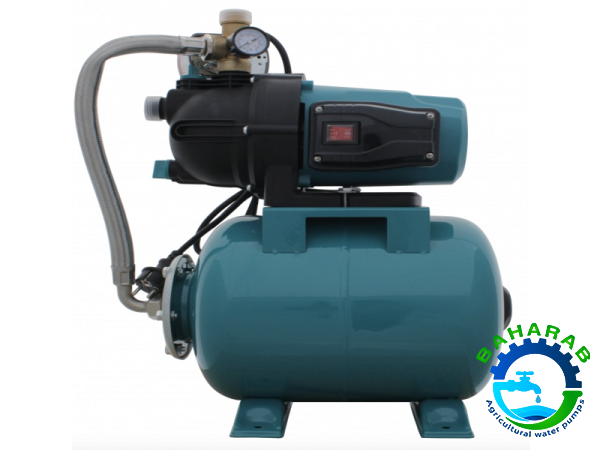
.
 They are suited for lower lift heights and moderate water volumes. c. Propeller Pumps: Ideal for irrigation of large areas, propeller pumps are used where significant water volumes need to be moved over long distances. They work efficiently in open water bodies such as lakes, rivers, or canals. d. Piston Pumps: Often termed as positive-displacement pumps, piston pumps are used in situations that require high-pressure water delivery. They are primarily employed for high-lift applications, such as pushing water uphill or over long distances. 3. Key Features to Consider: a. Efficiency: Look for pumps with high operating efficiency to minimize energy consumption and reduce costs in the long run. Energy-efficient motor systems, variable speed drives, and pump controllers can significantly enhance overall performance. b. Durability and Reliability: Agricultural pumps operate in demanding environments, so durability and reliability are crucial factors. Opt for pumps constructed with sturdy materials and designed to withstand harsh weather conditions and heavy usage.
They are suited for lower lift heights and moderate water volumes. c. Propeller Pumps: Ideal for irrigation of large areas, propeller pumps are used where significant water volumes need to be moved over long distances. They work efficiently in open water bodies such as lakes, rivers, or canals. d. Piston Pumps: Often termed as positive-displacement pumps, piston pumps are used in situations that require high-pressure water delivery. They are primarily employed for high-lift applications, such as pushing water uphill or over long distances. 3. Key Features to Consider: a. Efficiency: Look for pumps with high operating efficiency to minimize energy consumption and reduce costs in the long run. Energy-efficient motor systems, variable speed drives, and pump controllers can significantly enhance overall performance. b. Durability and Reliability: Agricultural pumps operate in demanding environments, so durability and reliability are crucial factors. Opt for pumps constructed with sturdy materials and designed to withstand harsh weather conditions and heavy usage.
..
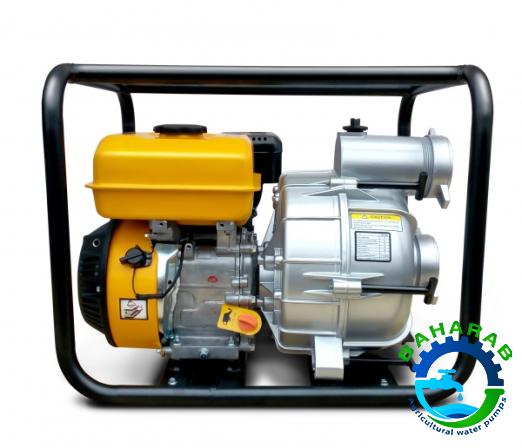 c. Maintenance and Ease of Use: Choose pumps that are easy to install, operate, and maintain. Consider features like self-priming capabilities, automated controls, and convenient access points for maintenance, ensuring minimal downtime and increased productivity. d. Water Source Compatibility: Different water sources require specific pump types. Ensure the pump you select is suitable for the water source available on your farm. If using more than one water source, consider a pump that can handle multiple sources efficiently. 4. The Contribution of Agricultural Water Pumps towards Farmers’ Productivity: a. Efficient Water Management: By providing a consistent and controlled water supply, agricultural water pumps enable farmers to implement precise irrigation practices. This efficient water management ensures uniform crop growth, reduces water wastage, and mitigates the risk of over- or under-irrigation.
c. Maintenance and Ease of Use: Choose pumps that are easy to install, operate, and maintain. Consider features like self-priming capabilities, automated controls, and convenient access points for maintenance, ensuring minimal downtime and increased productivity. d. Water Source Compatibility: Different water sources require specific pump types. Ensure the pump you select is suitable for the water source available on your farm. If using more than one water source, consider a pump that can handle multiple sources efficiently. 4. The Contribution of Agricultural Water Pumps towards Farmers’ Productivity: a. Efficient Water Management: By providing a consistent and controlled water supply, agricultural water pumps enable farmers to implement precise irrigation practices. This efficient water management ensures uniform crop growth, reduces water wastage, and mitigates the risk of over- or under-irrigation.
…
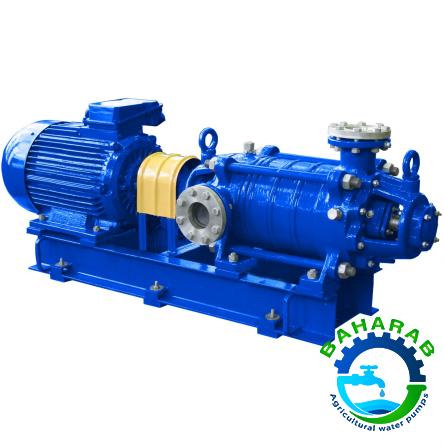 b. Increased Crop Yields: Proper irrigation practices, facilitated by agricultural water pumps, result in optimal water distribution, improved nutrient absorption, and enhanced crop growth. This leads to higher crop yields and improved quality. c. Time and Labor Savings: Automated or semi-automated pump systems save significant time and labor for farmers. They reduce the need for manual water distribution, enabling farmers to invest their valuable resources elsewhere, promoting overall farm efficiency. Conclusion: Agricultural water pumps serve as a lifeline for farmers, ensuring a reliable and sustainable irrigation solution. By understanding the importance of these pumps, the different types available, and the key features to consider, farmers can make informed decisions that lead to optimal water utilization, increased productivity, and ultimately, a thriving agricultural sector. Investing in agricultural water pumps is a step towards ensuring a greener and more prosperous future for farmers worldwide.
b. Increased Crop Yields: Proper irrigation practices, facilitated by agricultural water pumps, result in optimal water distribution, improved nutrient absorption, and enhanced crop growth. This leads to higher crop yields and improved quality. c. Time and Labor Savings: Automated or semi-automated pump systems save significant time and labor for farmers. They reduce the need for manual water distribution, enabling farmers to invest their valuable resources elsewhere, promoting overall farm efficiency. Conclusion: Agricultural water pumps serve as a lifeline for farmers, ensuring a reliable and sustainable irrigation solution. By understanding the importance of these pumps, the different types available, and the key features to consider, farmers can make informed decisions that lead to optimal water utilization, increased productivity, and ultimately, a thriving agricultural sector. Investing in agricultural water pumps is a step towards ensuring a greener and more prosperous future for farmers worldwide.
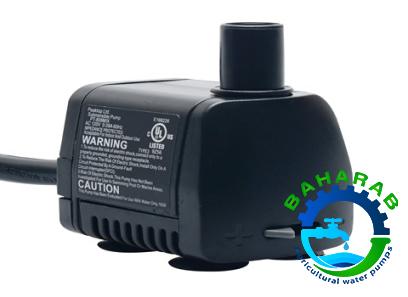
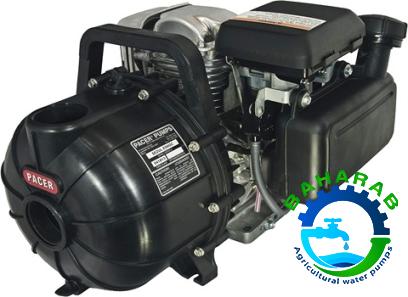
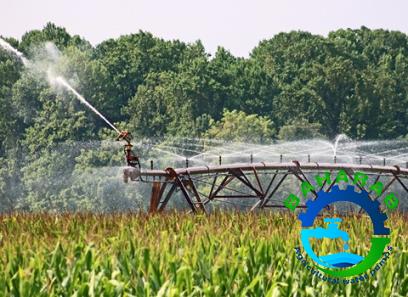
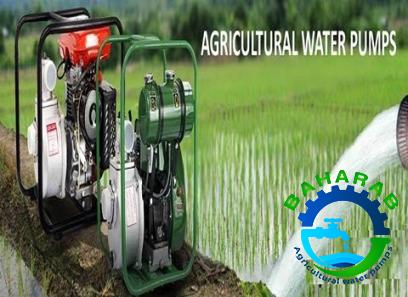
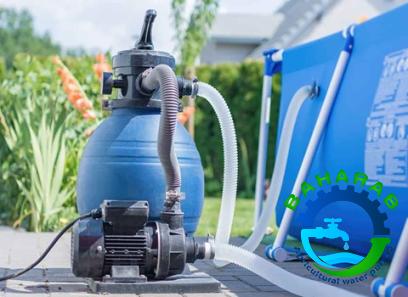
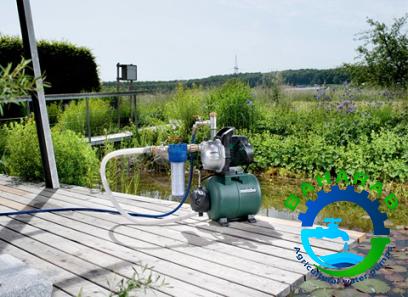
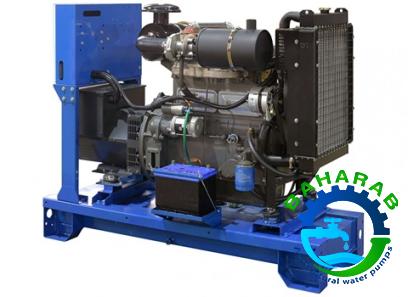
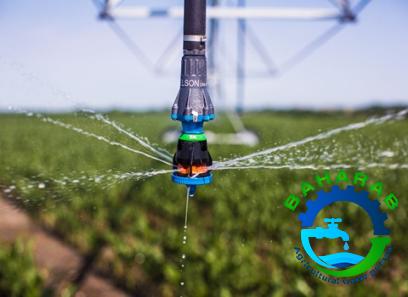
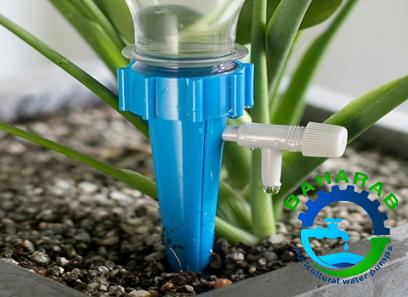
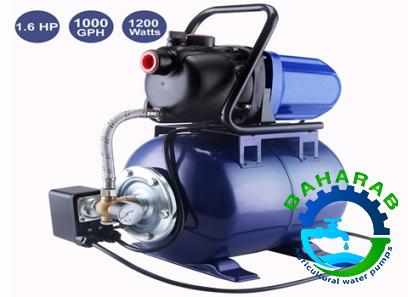
Your comment submitted.